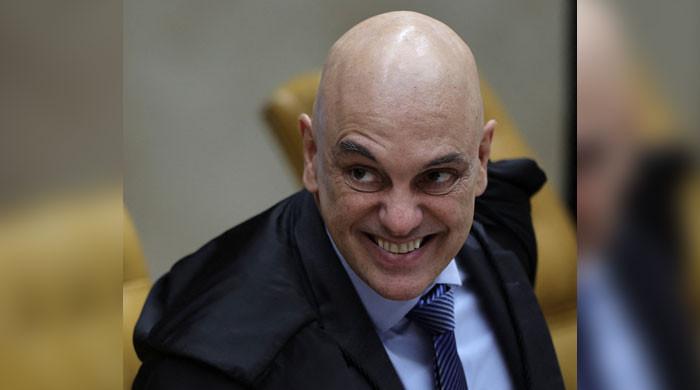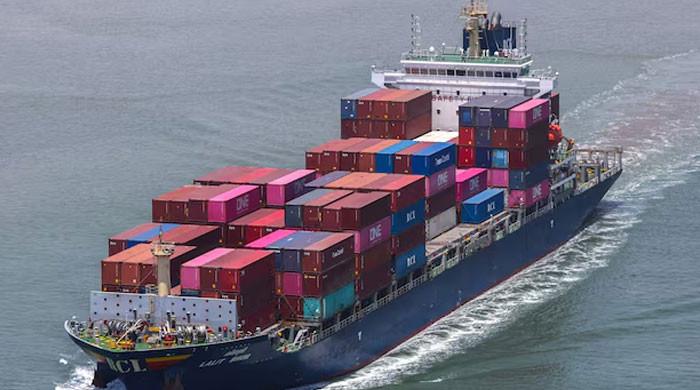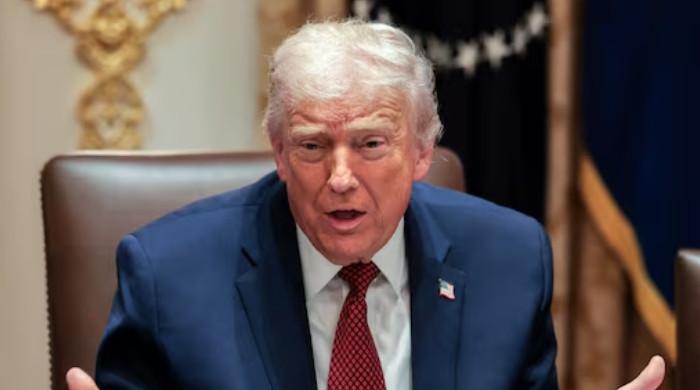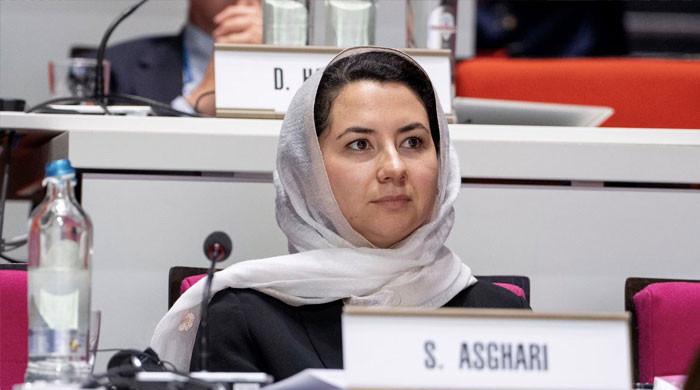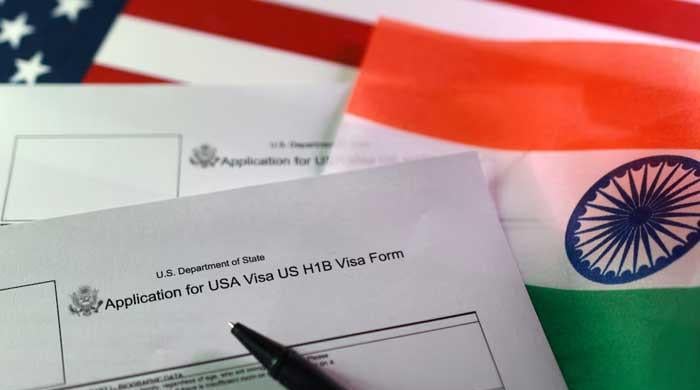Openly gay Gabriel Attal, 34, becomes France's youngest-ever Prime Minister
Gabriel Attal, currently serving as the education minister, replaces Élisabeth Borne, who resigned after 20 months
January 09, 2024
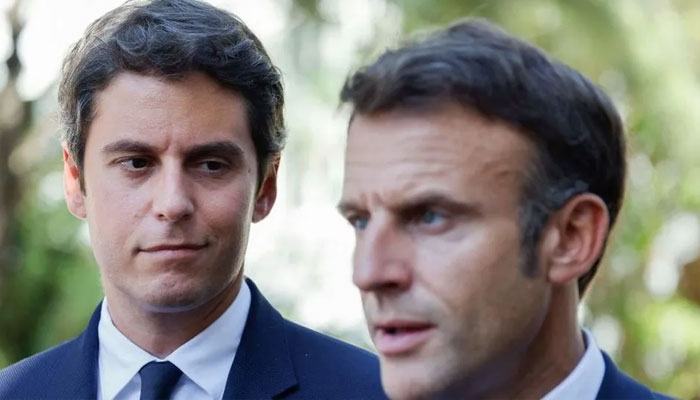
Emmanuel Macron has appointed Gabriel Attal, 34, as France's youngest prime minister, aiming to reinvigorate his presidency with a new government.
Attal, currently serving as the education minister, replaces Élisabeth Borne, who resigned after 20 months. This move comes ahead of crucial European Parliament elections in June.
Attal's ascent to the position is remarkable, starting as an obscure adviser ten years ago and becoming a prominent figure within Macron's political sphere.
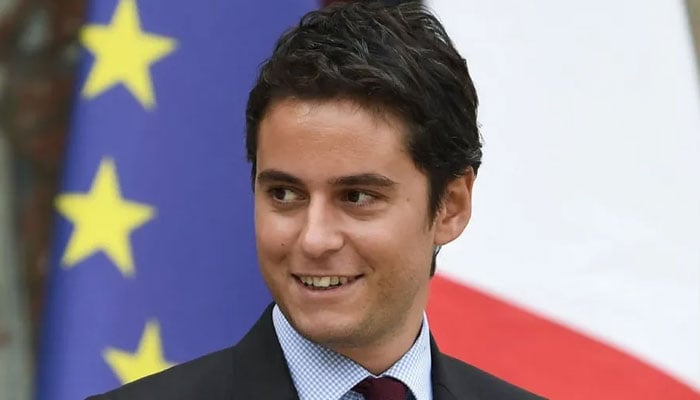
As the first openly gay occupant of Hôtel Matignon, Attal brings diversity to the position. His swift rise in politics reflects his alignment with Macron's vision of breaking traditional left-right politics.
Known for his charm, popularity, and effective communication skills, Attal has consistently garnered public admiration. His stance on issues, such as banning Muslim abaya robes in schools and campaigning against bullying, has showcased his no-nonsense determination.
However, challenges await him, including a rising hard-right opposition, a fragmented National Assembly, and uncertainties about Macron's second-term goals.
The appointment, while perceived as a strategic move by Macron, raises questions about whether Attal can provide the much-needed sense of purpose to the presidency.
As Macron's chosen successor, Attal faces the daunting task of establishing authority among experienced political figures. The upcoming European elections pose a crucial test for the new prime minister, as a defeat could impact his credibility.
While recognised as a skilled politician and respected in the National Assembly, there are concerns about Attal's ideological stance. Some view him as an extension of Macron, prompting questions about his independent political identity.
As Attal steps into this pivotal role, the success of Macron's strategy and the effectiveness of Attal's leadership will unfold against the backdrop of a complex political landscape.




